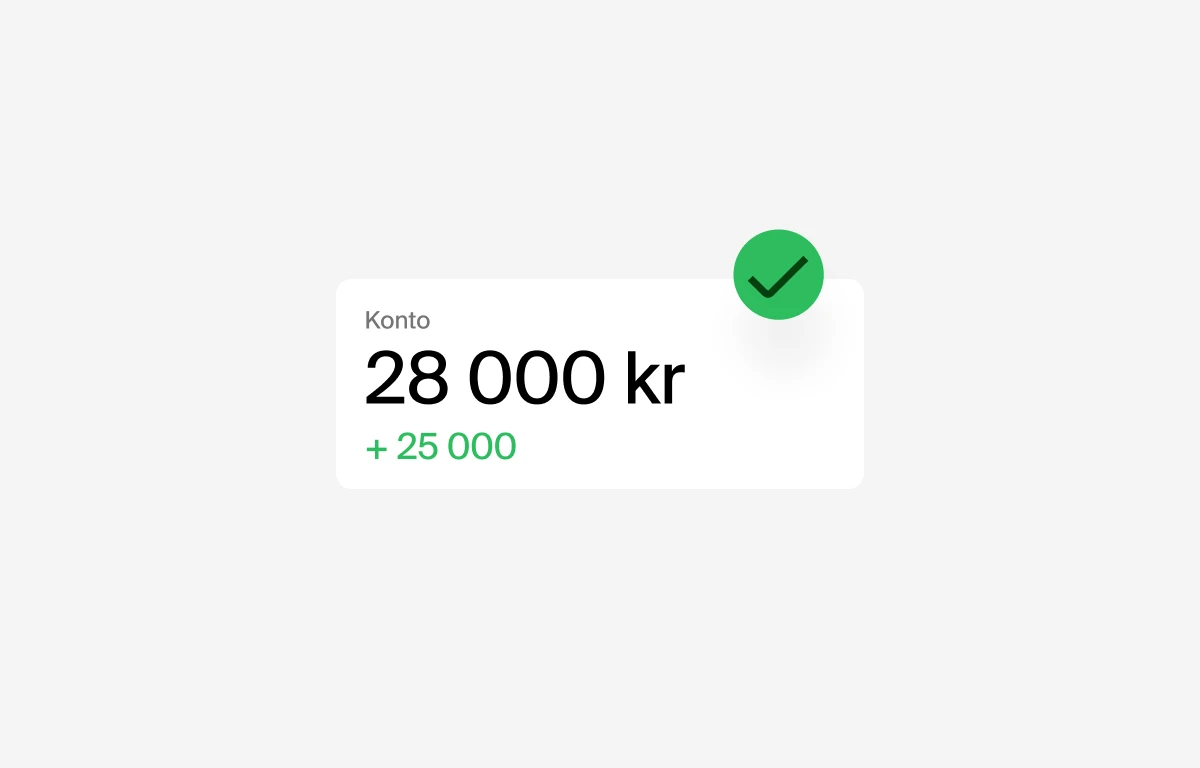
In 2004, two researchers at the University of Manchester discovered graphene - a material 200 times stronger than steel, but about a million times thinner than human hair - and in 2012 they were awarded the Nobel Prize in Physics for their discovery. The material caught the interest of two researchers at Linköping University who began researching the substance and its potential applications. One of the researchers was Erik Khranovskyy and in 2018 he founded the company Grafren.
Grafren currently has six employees and runs small-scale production in Linköping. The company has developed patented techniques that allow graphene to be applied to other materials, thereby creating a reinforced and safer material. The method has a number of potential applications and Grafren is already collaborating with the aerospace industry and companies that manufacture various protective clothing and products.
"I started thinking at the age of 40 about what I do for the world and how I contribute. I had been doing research for many years, but I felt that I wanted to create something that will live on, for real. We have over 15 years of expertise in materials science and expertise in nanomaterials. Thanks to that and our patents, we can be both scalable and cost-effective in a way that other companies working with graphene cannot be. That's something I'm proud of."
Graphene's turnover comes from a combination of government grants, pilot projects and sales. However, many projects can be postponed, delaying payment and often taking a long time for grants to be paid. In the meantime, materials and tools need to be purchased, patent costs financed and salaries paid. This means that liquidity needs to be strengthened. Like many other entrepreneurs, Erik started by turning to the bank. But because Grafren is working on something new and classified by the banks as a volatile industry, Grafren was turned down.
"To get a loan from the bank, I needed to prove that I was not in need of money. It is paradoxical. When we went to Froda, we got help right away."


What is the best thing about running Grafren?
"The best part is coming into the office every day and feeling excited to be working on something you are passionate about, making an impact and actively changing the world. Graphene is like thunder honey and by applying it to another material, that material takes on magical properties. It has the potential to lead to so much change and improvement. Then the cheers and press recognition are always fun, but the absolute best part is seeing your product rolled out globally."
What does the future look like?
"There is still a lot to do with graphene. As a company, we have the potential to become a billion-dollar company and we will continue to grow with our customers. So far, we haven't taken in any investments, but while that's not something that's on the table right now, it could obviously be in the future. Right now, we're building a company to monetize and work on grants for the innovation we create. I don't spontaneously believe in growing the company to become too big. We want to maintain the passion required in the projects we are involved in. Personally, I will stay as long as necessary because I am passionate about this."

Related borrowing requirements
About Froda AB
Froda was founded in 2015 with the ambition to redefine business finance by making it more accessible and effective for small businesses. Froda's vision is to empower all small business owners, regardless of background, to realize their business ideas. By combining technological innovation with efficient digital processes, Froda has shortened the loan processing time from months to minutes - creating a financing model that is fast, fair and inclusive. Today, Froda is one of Europe's fastest growing tech companies.
In 2021, Froda launched an embedded finance initiative, through which the company has expanded to the Nordic region, the UK and Germany and entered into partnerships with Visa, Lunar and Checkout.com, among others. As a credit market company, Froda is under the supervision of Finansinspektionen.












